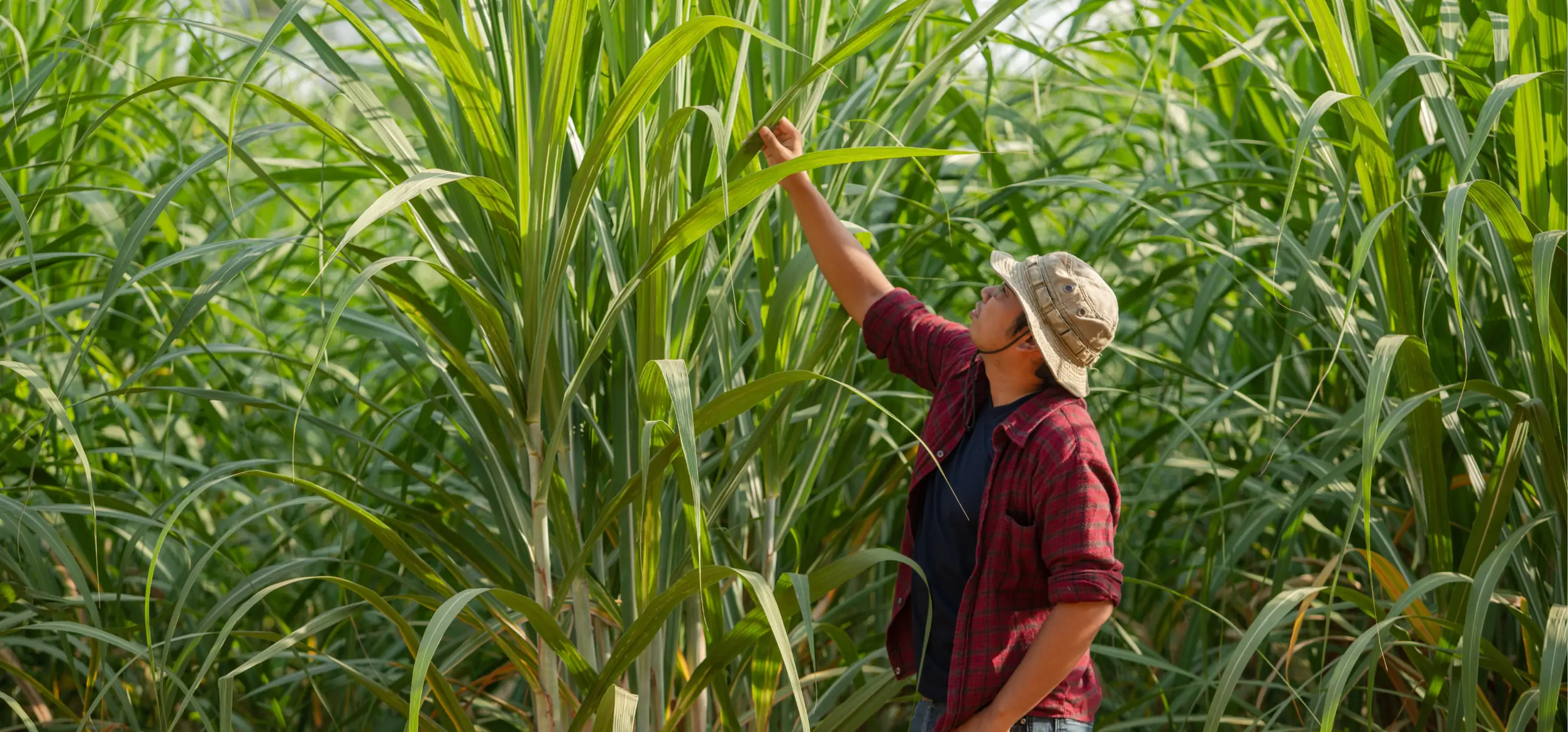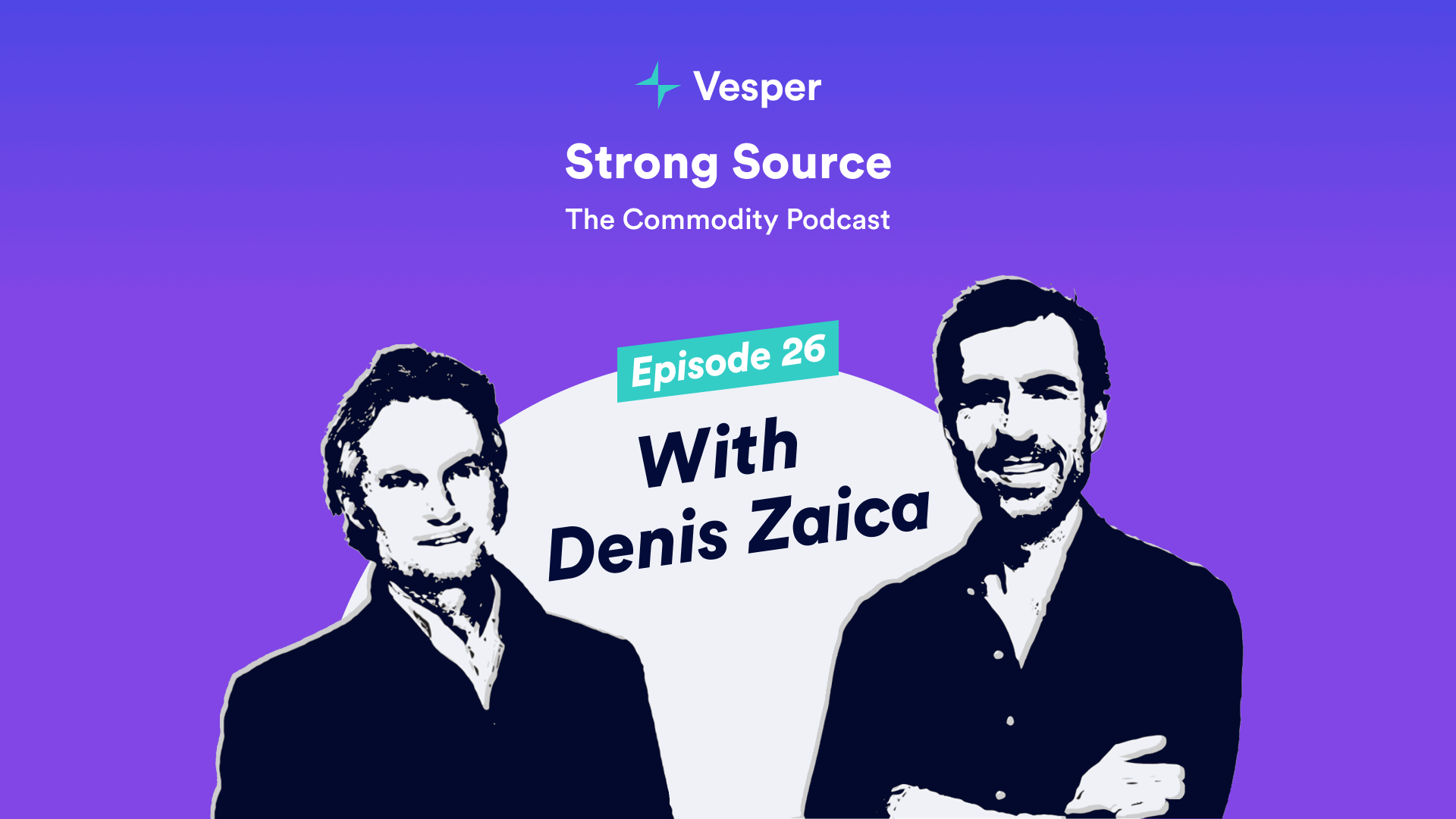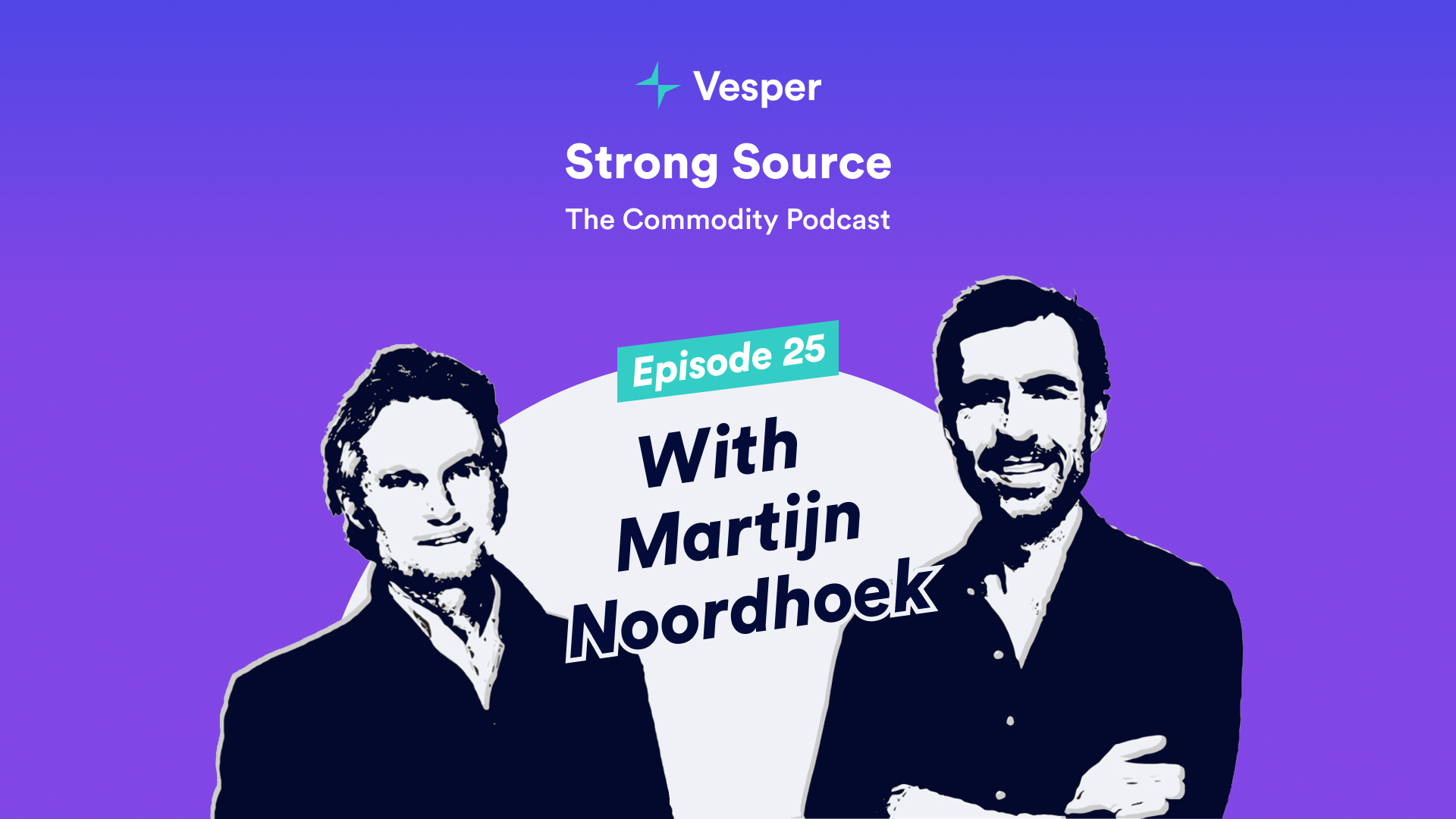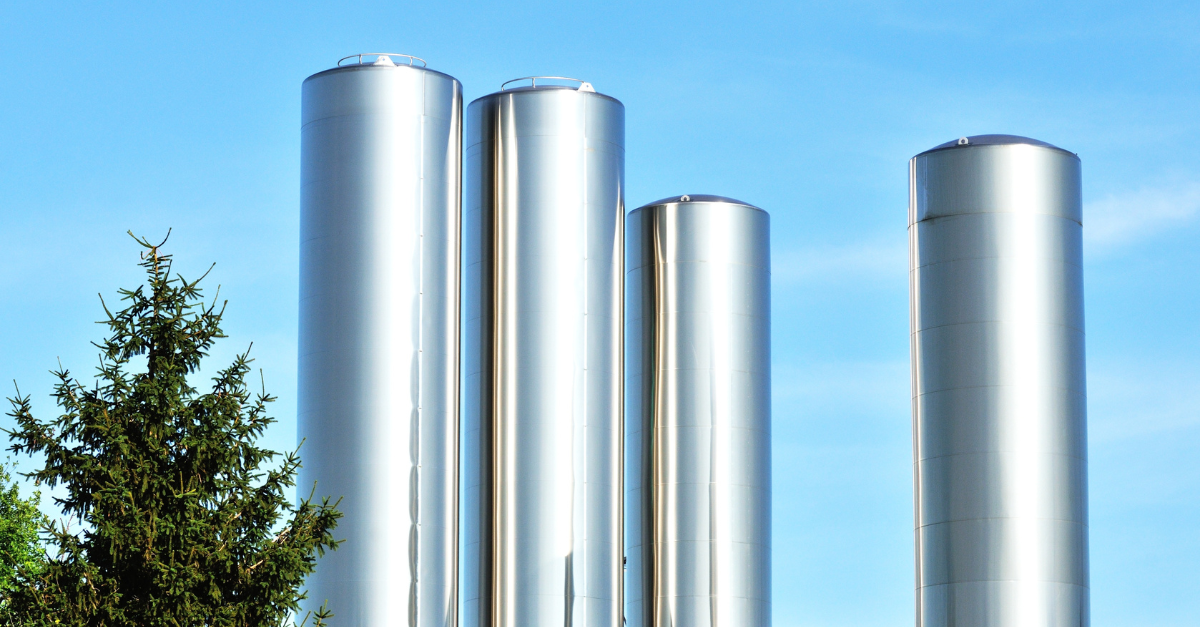Brazil as a leading sugar cane producer
Brazil stands as a titan in the global agricultural arena, particularly renowned for its dominance in the sugar cane market. As the world’s largest producer of sugarcane, Brazil wields significant influence over the dynamics of this crucial commodity. With vast expanses of arable land, a favorable climate, and advanced agricultural technologies, Brazil has consistently maintained its position at the forefront of sugar cane cultivation.
This South American powerhouse not only satisfies domestic demand but also plays a pivotal role in shaping international trade and market trends. In 2024, Brazil’s sugar cane industry stands poised at a critical juncture, with various data points signaling shifts and opportunities that will reverberate throughout the global market landscape. Understanding the multifaceted factors driving Brazil’s sugarcane sector is essential for stakeholders seeking to navigate and capitalize on the intricacies of this dynamic market.
- Production Output
In 2024, Brazil’s sugar cane market is significantly influenced by its production output, a key indicator of the country’s agricultural prowess and economic impact on the global stage.
According to data from the Brazilian Sugarcane Industry Association (UNICA), Brazil consistently ranks as the world’s largest producer of sugar cane, with annual production volumes reaching staggering figures. The country’s vast agricultural land, favorable climate conditions, and continuous advancements in farming techniques contribute to its impressive output levels.
In recent years, Brazil has intensified efforts to increase efficiency and yield per hectare, leveraging technologies such as precision agriculture and genetic engineering. Despite occasional challenges posed by weather fluctuations and environmental concerns, Brazil’s sugarcane production remains robust, ensuring a steady supply for both domestic consumption and international markets.
This production output not only sustains Brazil’s position as a leading sugarcane producer but also plays a pivotal role in meeting the global demand for sugar and ethanol, driving economic growth and shaping market dynamics worldwide.
2. Weather Patterns
Weather patterns wield considerable influence over Brazil’s sugar cane market dynamics in 2024, dictating the success of harvests and overall production levels.
Brazil’s sugar cane belt, primarily located in the country’s Southeast and Central-West regions, is susceptible to varying climatic conditions such as rainfall, temperature fluctuations, and the occurrence of droughts. The Brazilian Agricultural Research Corporation (Embrapa) indicates that the sugarcane cultivation cycle is highly sensitive to weather, with excessive rainfall leading to waterlogged fields and reduced yields, while prolonged droughts can stunt growth and hamper overall productivity.
Furthermore, extreme weather events, including hurricanes and cyclones, pose significant risks to sugar cane crops, potentially causing widespread damage and disruption to harvesting operations.
In 2024, monitoring and adapting to changing weather patterns are paramount for Brazilian sugarcane farmers, who rely on timely forecasts and resilient agricultural practices to mitigate the impact of adverse conditions and ensure a stable supply of sugar cane for domestic and international markets.
3. Government Policies
Government policies exert a profound influence on Brazil’s sugarcane market dynamics in 2024, shaping the regulatory framework, trade agreements, and subsidies that impact cultivation, processing, and exportation.
Brazil’s government plays a pivotal role in overseeing the sugarcane industry through various agencies, including the Ministry of Agriculture, Livestock, and Supply (MAPA) and the Brazilian Sugarcane Industry Association (UNICA). Key policies affecting the sector include biofuel mandates, environmental regulations, and trade tariffs.
For instance, Brazil’s RenovaBio program incentivizes the production and use of biofuels, including ethanol derived from sugarcane, by providing certification credits to producers based on the carbon intensity of their products. Additionally, government initiatives to promote sustainable farming practices, such as the Forest Code and the Rural Environmental Registry (CAR), aim to mitigate deforestation and ensure land-use compliance within sugar cane-producing regions.
Moreover, trade agreements negotiated by the Brazilian government impact sugarcane exports, with tariffs and quotas influencing market access and competitiveness.
In 2024, navigating Brazil’s complex regulatory landscape is essential for stakeholders in the sugarcane industry, as government policies continue to shape market trends and investment decisions both domestically and internationally.
4. Ethanol Production
Ethanol production stands as a pivotal aspect influencing Brazil’s sugarcane market dynamics in 2024, with the country being a global leader in biofuel production, particularly ethanol derived from sugarcane.
Brazil’s ethanol industry is deeply intertwined with its sugarcane sector, as a significant portion of the harvested cane is diverted towards ethanol production. According to data from the Brazilian Ministry of Mines and Energy, ethanol accounts for a substantial share of Brazil’s transportation fuel market, with ethanol-powered vehicles comprising a significant portion of the country’s automotive fleet.
In 2024, Brazil continues to prioritize ethanol production as a key component of its energy strategy, driven by factors such as the need to reduce greenhouse gas emissions, enhance energy security, and promote rural development. Additionally, Brazil’s flex-fuel vehicle market, which allows drivers to choose between gasoline and ethanol, further stimulates demand for ethanol as a viable alternative fuel.
The government’s RenovaBio program incentivizes ethanol production by rewarding producers with decarbonization credits based on the environmental performance of their ethanol products. With ongoing investments in ethanol infrastructure and technological innovations, Brazil’s ethanol industry is poised for continued growth and prominence in 2024, exerting a significant influence on the country’s sugar cane market dynamics.
5. Global Demand Trends
Global demand trends play a critical role in shaping Brazil’s sugarcane market dynamics in 2024, as the country remains a key supplier of sugar and ethanol to international markets.
The International Sugar Organization (ISO) reports that global sugar consumption continues to rise steadily, driven by population growth, changing dietary habits, and increasing industrial applications. Emerging economies, particularly in Asia and Africa, represent significant growth markets for sugar consumption, fueled by rising incomes and urbanization.
Additionally, the growing emphasis on renewable energy sources and the transition towards cleaner fuels propel the demand for ethanol derived from sugarcane. Brazil, as a major player in the global sugar and ethanol trade, closely monitors these demand trends to capitalize on market opportunities and optimize export strategies.
Furthermore, shifts in consumer preferences towards healthier and sustainable products influence the demand for organic and Fairtrade-certified sugar, presenting opportunities for Brazilian producers to differentiate their offerings and capture premium market segments.
In 2024, understanding and adapting to evolving global demand trends is essential for Brazil’s sugarcane industry to maintain its competitive edge and seize growth opportunities in the international marketplace.
6. Competitive Landscape
Navigating the competitive landscape is pivotal for Brazil’s sugar cane market in 2024, as the country vies for dominance among other major producers such as India, Thailand, and China.
Brazil’s competitive advantage lies in its vast arable land, favorable climate, and advanced agricultural technologies, which enable high yields and cost-effective production. According to the Food and Agriculture Organization (FAO), Brazil consistently ranks as the world’s largest exporter of sugar, leveraging its efficient production processes and extensive infrastructure to maintain market share.
Additionally, Brazil’s leadership in ethanol production further enhances its competitiveness, as ethanol serves as a valuable alternative fuel in both domestic and international markets. However, challenges such as fluctuating global sugar prices, currency exchange rates, and geopolitical tensions can impact Brazil’s competitive position.
Moreover, evolving consumer preferences towards sustainable and ethically sourced products necessitate continuous innovation and adaptation within Brazil’s sugar cane industry to maintain relevance and competitiveness on the global stage.
In 2024, strategic market positioning and agile response to market dynamics are imperative for Brazil to uphold its status as a leading player in the competitive sugar cane landscape.
7. Technology Adoption
In 2024, technology adoption is a crucial factor influencing Brazil’s sugar cane market dynamics, as the industry increasingly relies on advanced agricultural innovations to enhance productivity and sustainability.
Brazil has been at the forefront of adopting cutting-edge technologies in sugar cane cultivation, including precision farming, genetic engineering, and mechanization. Precision farming techniques, such as GPS-guided machinery and remote sensing technologies, enable farmers to optimize inputs such as water, fertilizers, and pesticides, resulting in higher yields and reduced environmental impact.
Genetic engineering plays a pivotal role in developing sugar cane varieties with improved traits, such as disease resistance and higher sucrose content, contributing to enhanced resilience and productivity in the face of climate change and pest pressures.
Furthermore, mechanization of harvesting and processing operations streamlines workflow efficiencies and reduces labor costs, ensuring timely and cost-effective production. Brazil’s commitment to technological innovation in the sugar cane sector is underscored by initiatives such as Embrapa’s research and development programs, which focus on developing sustainable farming practices and novel technologies tailored to the needs of Brazilian growers.
In 2024, continued investment in technology adoption is essential for Brazil to maintain its competitive edge in the global sugar cane market and meet the challenges of a rapidly evolving agricultural landscape.
Environmental Sustainability: Efforts towards sustainable farming practices, land use management, and biodiversity conservation, addressing concerns related to deforestation, water usage, and carbon emissions.
8. Environmental Sustainability
In 2024, environmental sustainability is a paramount concern shaping Brazil’s sugar cane market dynamics, as stakeholders increasingly prioritize eco-friendly practices to mitigate environmental impact and ensure long-term viability of the industry.
Brazil’s sugar cane sector faces scrutiny over its environmental footprint, particularly regarding deforestation, water usage, and greenhouse gas emissions. The Brazilian government, in collaboration with industry associations and environmental organizations, has implemented initiatives to promote sustainable sugar cane cultivation practices.
The Forest Code mandates conservation and restoration of native vegetation within sugar cane production areas, aiming to preserve biodiversity and ecosystem services. Additionally, the Rural Environmental Registry (CAR) requires landowners to register their properties and comply with environmental regulations, contributing to better land-use management and protection of natural resources.
Furthermore, the RenovaBio program incentivizes the adoption of low-carbon technologies and practices in ethanol production, encouraging producers to reduce carbon emissions and enhance energy efficiency.
In 2024, environmental sustainability remains a focal point for Brazil’s sugar cane industry, driving innovation and collaboration towards a more sustainable future for both the sector and the planet.
9. Market Prices
In 2024, market prices play a crucial role in shaping Brazil’s sugar cane market dynamics, as they directly impact revenue streams for producers and influence investment decisions across the supply chain.
The fluctuation of sugar and ethanol prices on global commodity markets is driven by a myriad of factors, including supply-demand dynamics, weather conditions, geopolitical tensions, and currency exchange rates. According to data from commodity exchanges such as ICE Futures and B3, sugar prices have experienced volatility in recent years due to factors such as weather-related production disruptions, changes in government policies affecting trade and subsidies, and shifts in consumer preferences towards healthier alternatives.
Similarly, ethanol prices are influenced by factors such as crude oil prices, biofuel mandates, and the availability of alternative energy sources. In 2024, Brazilian sugar cane stakeholders closely monitor market prices to make informed decisions regarding planting schedules, production volumes, and export strategies.
Additionally, hedging mechanisms such as futures contracts and options trading are utilized to mitigate price risks and ensure profitability in an increasingly uncertain market environment. Overall, understanding and adapting to market price fluctuations are imperative for Brazil’s sugar cane industry to remain competitive and resilient in the global marketplace.
10. Investment Trends
In 2024, investment trends in Brazil’s sugar cane industry serve as a crucial indicator of the sector’s growth trajectory and potential opportunities for expansion. Both domestic and international investors closely monitor developments in the sugar cane market, assessing factors such as production trends, market prices, government policies, and technological advancements to inform their investment decisions.
According to reports from financial institutions and industry analysts, investment flows into Brazil’s sugar cane sector have been influenced by various factors, including shifts in global energy markets, climate change considerations, and emerging opportunities in renewable energy. In recent years, there has been a notable increase in investments towards sustainable sugar cane cultivation practices, such as organic farming methods and land restoration initiatives, driven by growing consumer demand for ethically sourced and environmentally friendly products.
Additionally, mergers and acquisitions within the sugar cane industry have reshaped the competitive landscape, with companies seeking to consolidate market share and diversify their portfolios. In 2024, continued investment in Brazil’s sugar cane industry is expected to focus on enhancing production efficiency, expanding ethanol capacity, and developing innovative solutions to address sustainability challenges.
Overall, investment trends reflect the sector’s resilience and potential for growth, positioning Brazil as a key player in the global bioenergy market.
In Conclusion
In summary, Brazil’s sugar cane market in 2024 is influenced by various factors, including production output, weather patterns, government policies, and investment trends.
As a leading producer, Brazil’s industry is characterized by its resilience and adaptability, driven by sustainable practices, technological advancements, and strategic investments.
Despite challenges, Brazil remains a key player in the global sugar cane market, shaping the future of agriculture and renewable energy.



